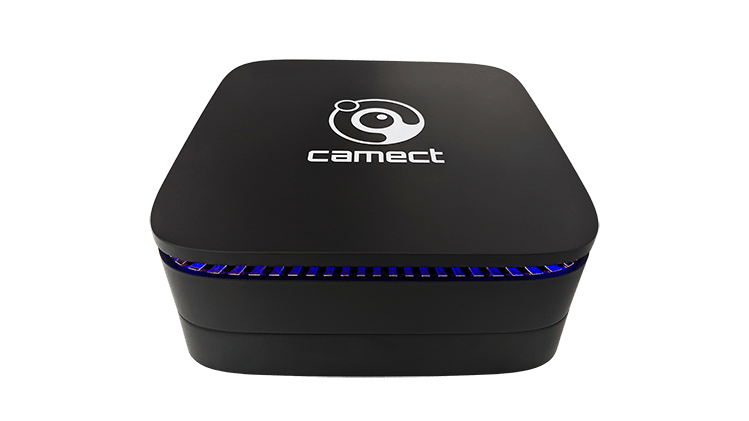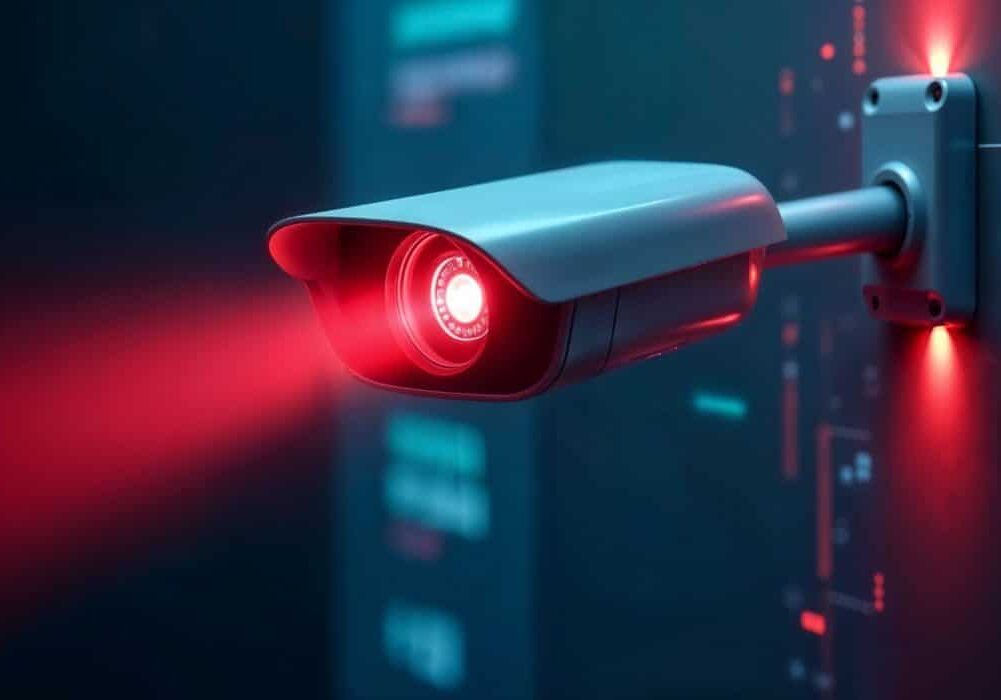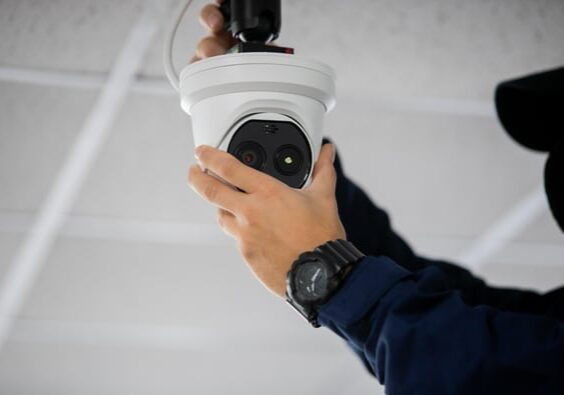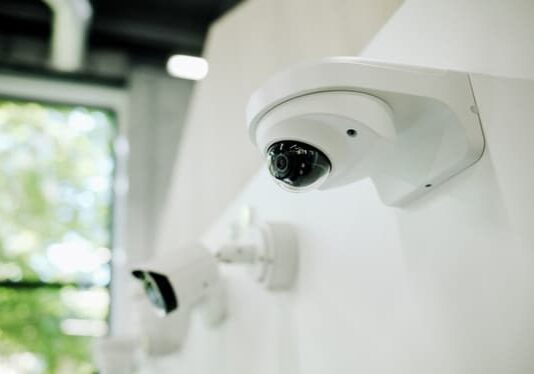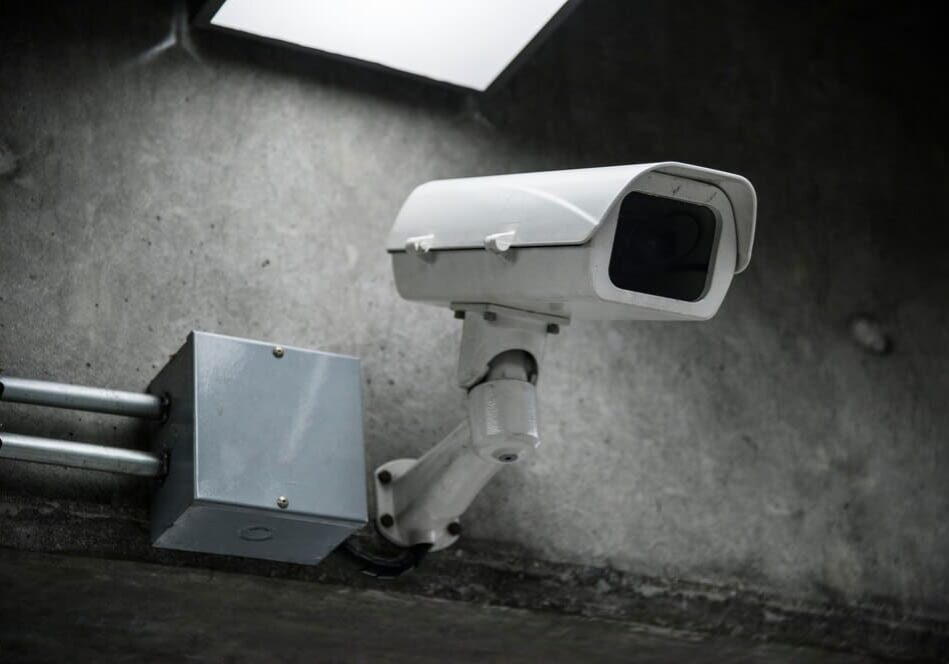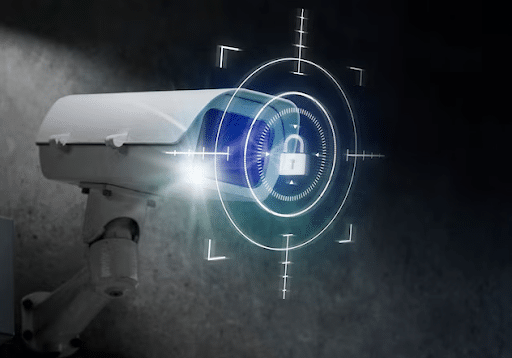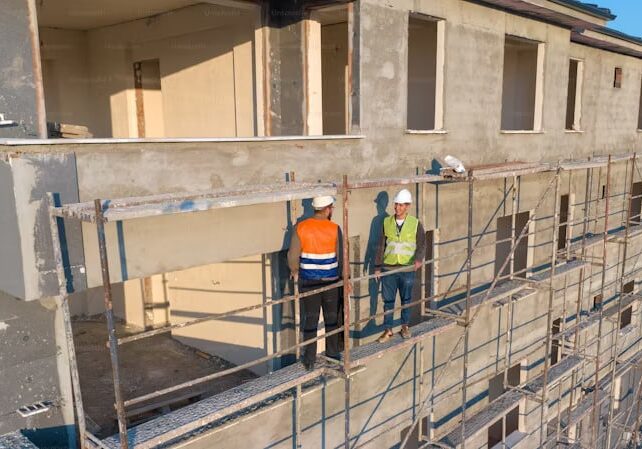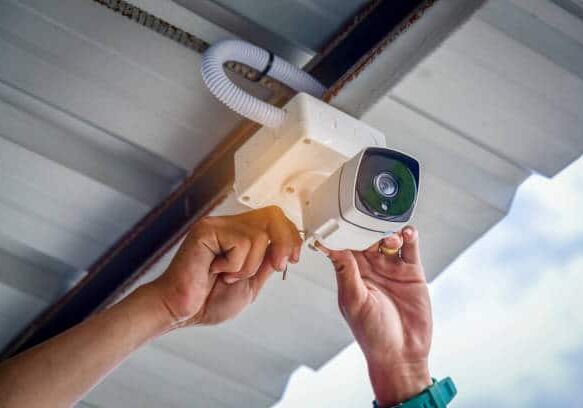Network Video Recorders, also known as NVRs, are physical devices that record and store secure video footage on a hard disk or mass storage device. These systems are extremely flexible since they can support just a few cameras to thousands on the same network in an enterprise-grade application. Still, this viable security storage option is not immune to failure. In fact, arguably nothing is worse than an incidence of NVR failure, which can result in the loss of all video and image data across your network and lead to devastating security consequences for your business and/or your clients. Thankfully, this is where RAID can come to the rescue.
What Is RAID?
RAID– also known as Redundant Array of Independent Disks– is a hard drive configuration that can preserve your critical security data in the event of a Hard Drive Disk failure. In essence, RAID allows for the same data to be copied across multiple hard disks or solid-state drives (SSDs) in order to protect against data loss.
Using multiple disks that allow input and output operations to overlap in a stabilized way will increase the mean time between failures (MTBF) and increase your system’s fault tolerance– or ability to continue operating in the face of system failures or malfunctions.
Breaking Down RAID Storage Methods
There are three different methods by which secure data can be copied using RAID. The first is known as “striping”– which involves the splitting of data flows into blocks. Then, these blocks will be individually written across the RAID on different drives. Striping allows for the concurrent reading of data across all disks and increases the total data throughput– allowing the total storage capacity of the array to be used.
The second method is known as “mirroring.” Mirroring simultaneously stores identical copies of data on various disks. This method can also be used for concurrent reads and allows for better read performance.
Finally, “parity” is a method that uses both striping and checksum– or a mathematical value assigned to each data file. The data is first written across the array of disks using striping, before a parity disk stores checksum information. If any drive fails, that missing data can be recalculated using the checksum and ensure data redundancy.
Understanding these three methods is important when learning about different RAID levels– or the various types of system configurations– since they either employ striping, mirroring, parity, or a combination of these methods.
What RAID Level Is Best For You?
Navigating RAID level selection is best done with the help of a knowledgeable and trusted security partner. The five different level types– including RAID 0, RAID 1, RAID 5, RAID 6, and RAID 10– offer a range of features to fit nearly all security needs.
RAID levels vary by the minimum number of drives needed, the level of data protection, read performance, write performance, and storage capacity. A security partner can help assess your business operations and the amount of stored critical data to determine what RAID level would work best for you.
Safeguarding Your Security
Much of today’s video surveillance systems continuously capture high-quality video content in order to protect businesses in “what-if ” scenarios and save the footage for post-incident review. And whether the footage is used for forensic analysis, liability protection, crime suspect identification, or even to comply with regulations in industries such as finance, aviation, oil, and gas, this data is extremely valuable.
Do not risk the chance of your data being compromised in the event of an HDD failure. Implementing RAID will safeguard your security and provide peace of mind knowing that your data is protected from unexpected incidences.

Michael S. Blanco is the Chief Executive Officer and Co-Founder of Resolute Partners, LLC, where he leads strategic initiatives across various divisions. After owning family entertainment centers in New England, he co-founded Resolute Partners in 1996, launching the first Internet cafés for the U.S. Navy and partnering with AT&T for global deployment. A pioneer in wireless communications, Michael has expanded the company’s focus to include Energy Management/IoT, Cybersecurity, and Managed Video Security. He holds a degree from the Rochester Institute of Technology.
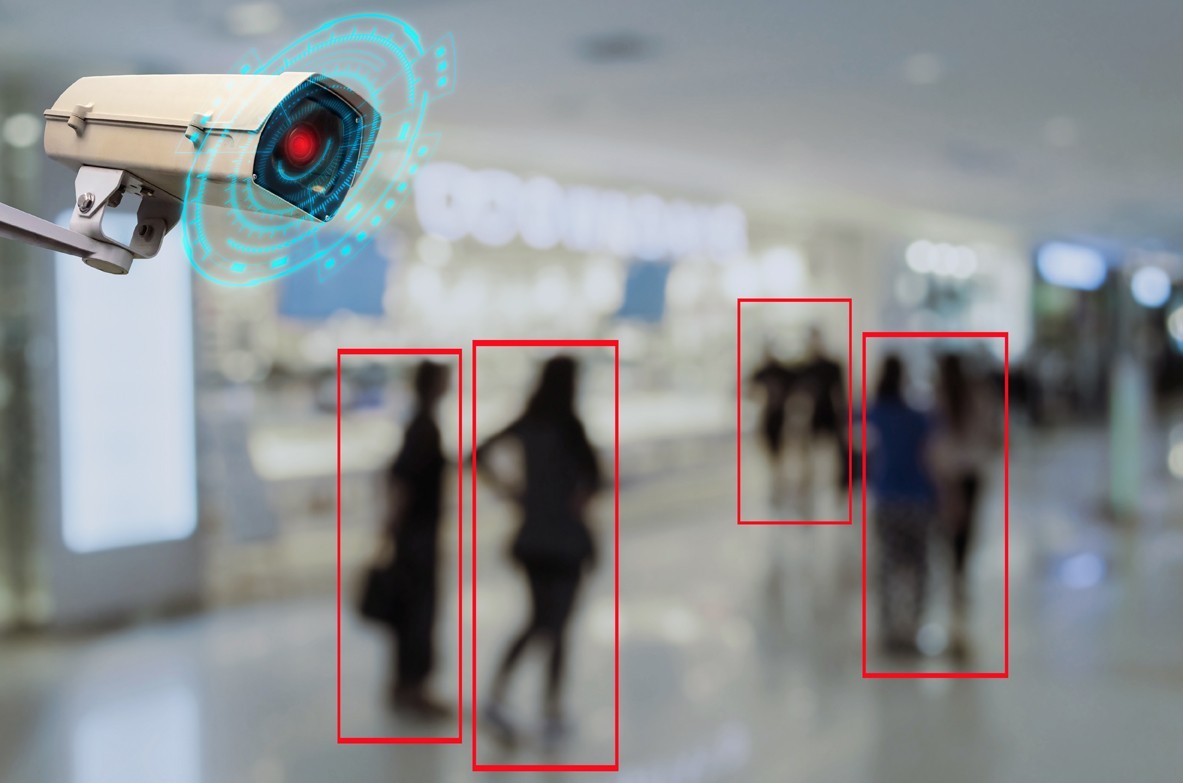
Stay up to date.
Subscribe for latest news, protection tips, special offers, and more!





